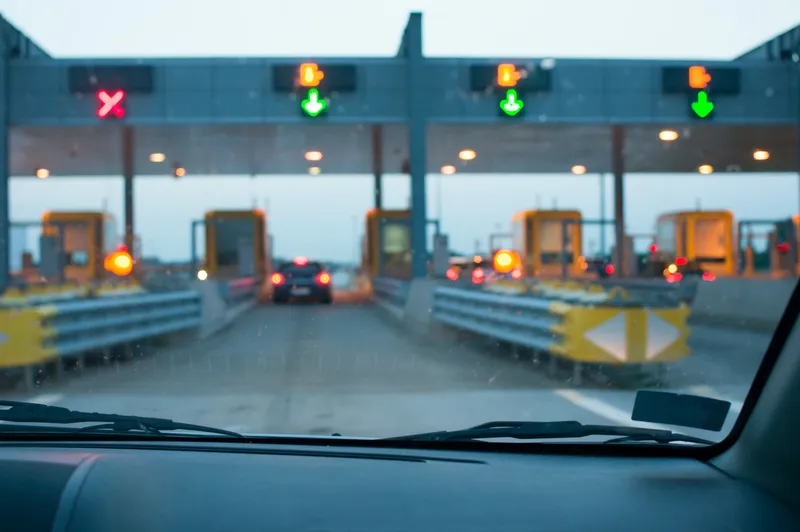C-Roads is a joint initiative of European member states and road operators for cross-border harmonisation of cooperative intelligent transport systems (C-ITS) to enable Vehicle to Vehicle and Vehicle to Infrastructure communications. The Czech programme is led by the Ministry of Transport and covers a testing area of more than 200km of highways and connected municipalities motorways.
Crypta says its USB hardware security module will store private encryption keys in hardware rather than generating encryption keys in software. This limits an attack to the device rather than exploiting network vulnerabilities exposed by software patching and firmware vulnerabilities, the company adds.
As part of the deal, O2 will be responsible for implementing cybersecurity in a pilot taking place in the cities of Pilsen and Ostrava.
Jiří Vítek, senior specialist – transport and innovations in O2 Czech Republic says O2’s transport back office, mobile application and vehicle unit allows cars to communicate with each other, traffic signs, railway crossings and traffic lights.
“By means of a mobile telephone or dash-mounted information panel, the mobile application alerts drivers to traffic hazards, approaching emergency vehicles and railway crossings with oncoming trains,” Vítek continues. “The purpose of the C-Roads project is to significantly increase road safety not only in the Czech Republic, but also throughout the European Union.”
Crypta supplies Czech C-Roads tech
Tech firm Crypta Labs is working with cybersecurity firm Teska Labs and O2 Czech Republic to deliver a hardware solution for the country’s C-Roads programme.
October 10, 2019
Read time: 2 mins









